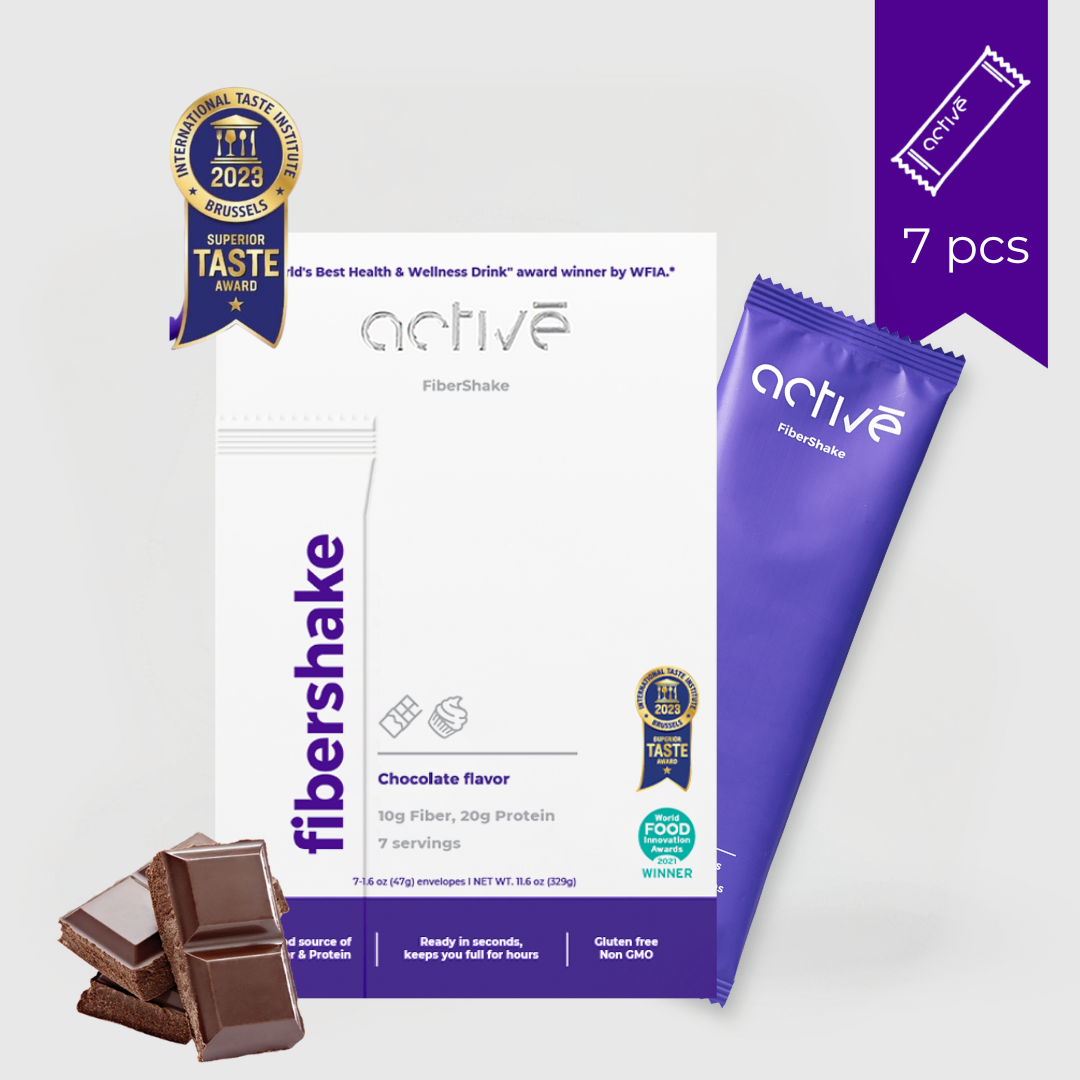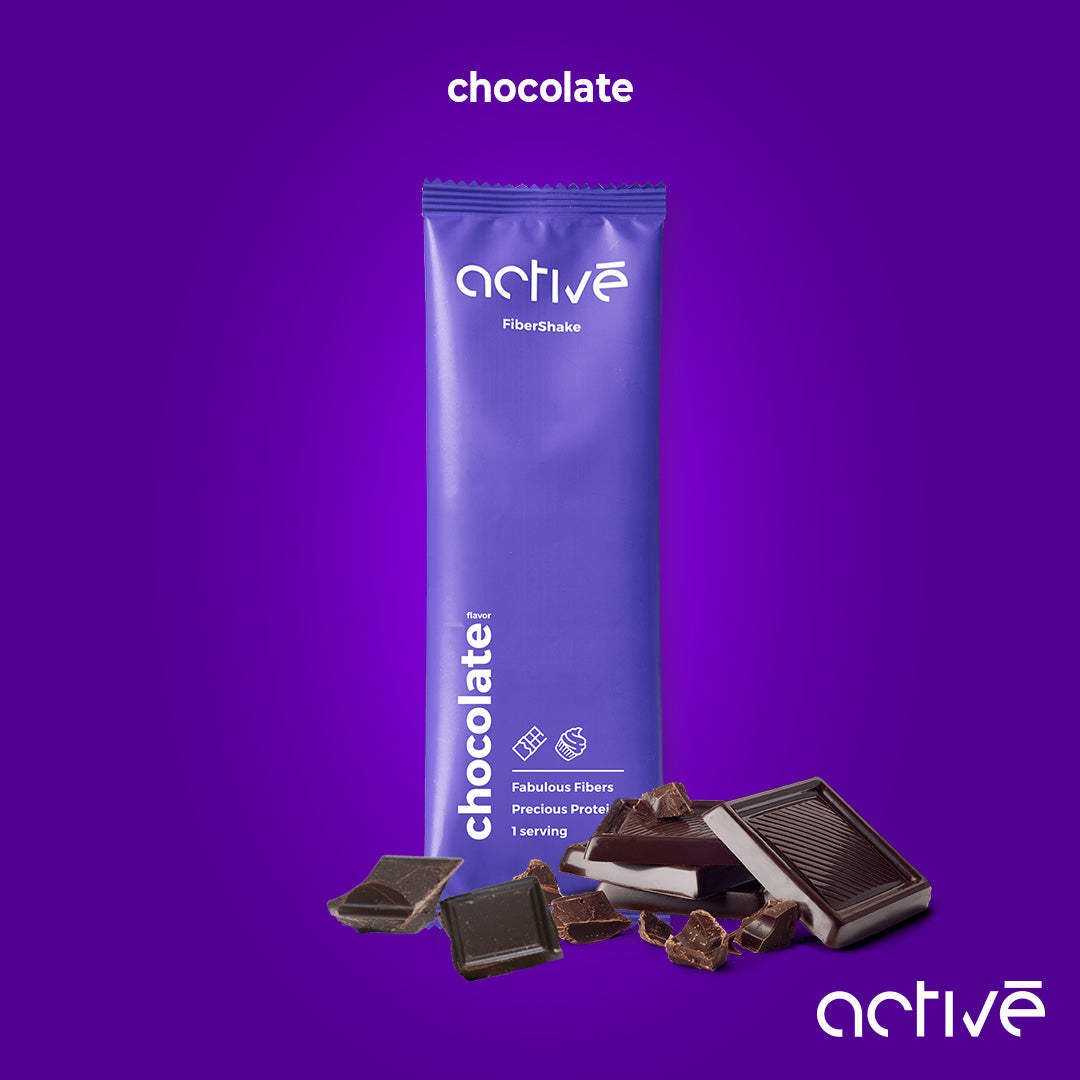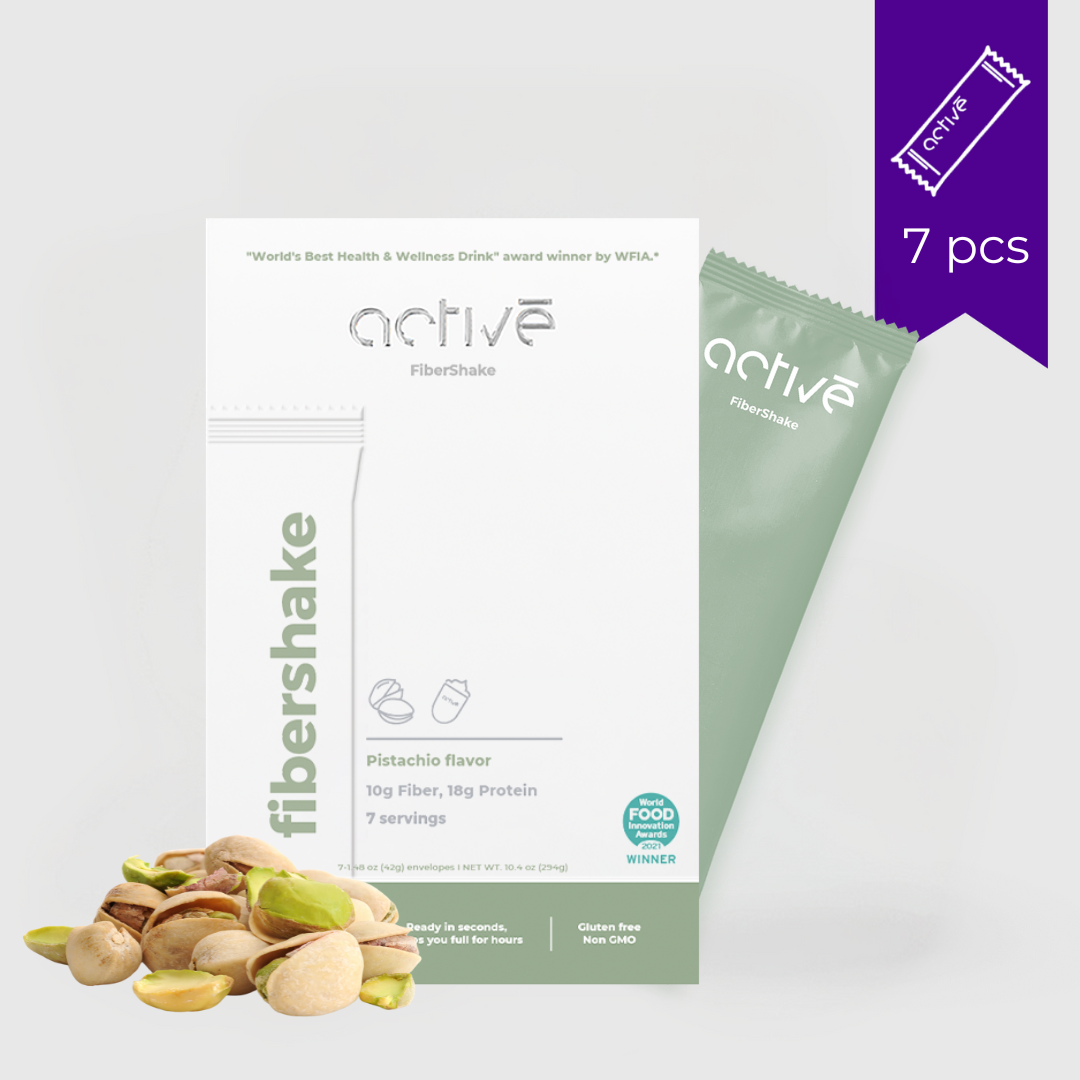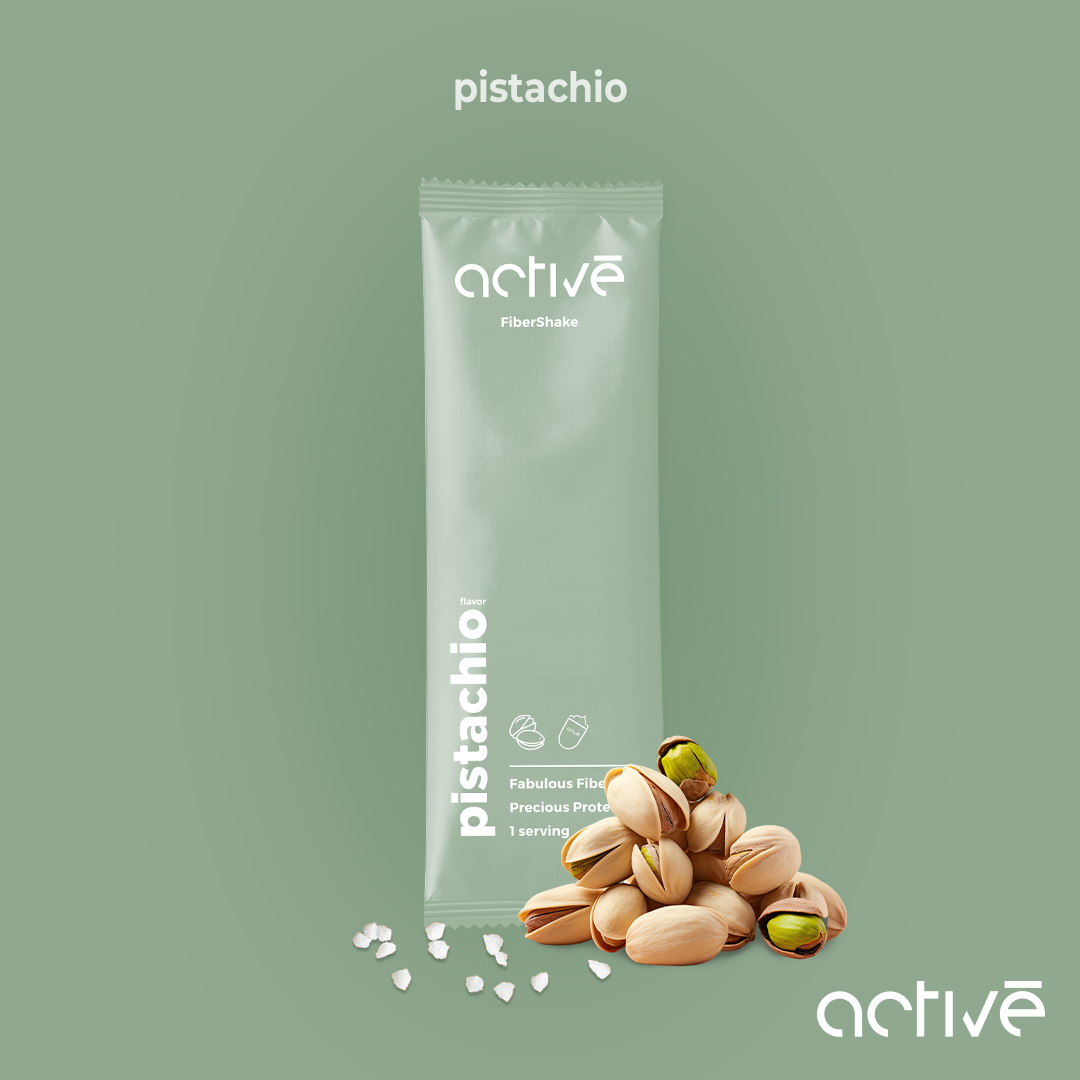6-minute read | | By Elizabeth Soltész, Registered Dietitian
You’ve probably heard a lot lately about gut health, microbiome balance, and the gut-brain connection. Maybe terms like “microbiota” or “gut microbiome” have popped up in your feed. But what do these actually mean? And why are they so critical to your health and wellbeing?
Let’s Clear Up the Terminology
You are never truly alone in your body. Your skin, digestive system, and even lungs are home to trillions of tiny microorganisms. This inner ecosystem influences nearly every function in your body. In fact, the number of microbial cells in your body is roughly equal to your human cells, and your microbiome is as unique as your fingerprint!
The term “gut flora” is often used to describe the vast community of microorganisms living in your colon. But this isn’t entirely accurate. “Flora” implies plant life, while your gut is actually home to mostly bacteria, as well as smaller numbers of fungi, viruses, and other microscopic creatures like protozoa and archaea.
The term microbiota refers to all of these microscopic cohabitants. Their combined genetic material is immense—potentially 100 times more than your own DNA.
Microbiome refers not only to the microorganisms themselves but also to their genetic material—essentially, both the residents and their “biological profiles.” Today, “microbiome” is the go-to word for this inner world.
When we talk specifically about the gut microbiome, we’re focusing on the microbial life in the lower part of your digestive tract. The gut-brain axis describes the complex two-way communication between your gut microbiome and your nervous system. But don’t picture it as a literal cord or tube—it’s more about how substances produced by your gut microbes can influence brain function, hormones, and metabolism, and vice versa.

The Microbiome and Your Immune System: A Vital Connection
Did you know that about 70-80% of your immune cells are located in your gut? The microbiome plays a crucial role in training and shaping your immune system. At birth, you receive your first set of microbes from your mother, and breastfeeding helps supply special immune-supporting compounds and fibers that nourish your developing microbiome. Over the first few years, environmental exposure helps build a mature, diverse microbiome.
A healthy, well-balanced microbiome works with your immune system, ensuring it recognizes friendly gut bacteria and their beneficial byproducts as allies—not threats—while still being able to fight off real pathogens effectively. Yes, your gut microbiome does include some “bad guys,” but wiping them out isn’t the goal. Your microbiome can maintain its own balance when properly supported.
When Balance Breaks: Leaky Gut Syndrome
When the alliance between your microbiome and immune system breaks down—due to chronic stress, lack of exercise, low-fiber diets, or excessive antibiotic use—your gut microbiome can become imbalanced, a state known as dysbiosis.
In this state, your gut lining can become compromised, leading to leaky gut syndrome. Harmful substances can pass through the weakened gut barrier, triggering immune overreactions. This imbalance may contribute to food allergies, autoimmune conditions, and inflammatory diseases like type 1 diabetes, endometriosis, or Crohn’s disease.
The good news? You can support your gut health and help restore balance. A diet rich in prebiotic fibers—which nourish your beneficial gut bacteria—is key to maintaining this balance.

The Secret to Sustainable Weight Loss: Support Your Microbiome
Gut health isn’t just about disease prevention—it can also help with sustainable weight loss. A healthy, diverse microbiome influences how your body processes energy, your tendency to gain weight, and your appetite-regulating hormones.
Research shows that higher levels of Bacteroidetes bacteria are linked with lower weight gain—even without calorie excess. Luckily, a fiber-rich, plant-based diet supports these “anti-weight-gain” microbes.
One particular bacterium, Akkermansia muciniphila, has caught the attention of researchers for its role in weight management. People with more of this bacterium tend to gain less weight. But before you rush to buy probiotic supplements, remember: true gut health comes from consistent self-care—diverse fibers, regular physical activity, quality sleep, and stress management. There’s no quick hack that can replace these essentials.
How Your Microbiome Shapes Your Mood
Through the gut-brain axis, your gut health even influences your mood and mental wellbeing. Gut bacteria ferment prebiotic fibers into energy, producing short-chain fatty acids (SCFAs) in the process. These SCFAs help maintain gut lining health, regulate metabolism, and yes—even affect your mood.
People suffering from anxiety or depression often have disrupted microbiomes—more pro-inflammatory bacteria and fewer SCFA-producing “good guys.” This imbalance may contribute to mental health disorders.

It makes sense: your gut microbiome can directly affect your behavior and emotions, even producing many of the same neurotransmitters as your brain—like serotonin, often called the “happiness hormone.” Studies suggest that specific probiotics and prebiotics can help improve mood, reduce anxiety, and lower depression risk. While more research is needed, supporting your gut health may offer a safe, natural approach to mental wellness.
Whatever You Call It, Keep Your Gut Friends Happy!
Whether you think of it as gut flora, microbiota, or microbiome, one thing is clear—you’re responsible for keeping your microscopic roommates healthy and thriving.
Here’s how:
-
Aim for at least 30 grams of diverse fiber daily to support your microbiome.
-
Include prebiotic fibers regularly (like inulin, pectin, and beta-glucans).
-
Add probiotic foods like yogurt, and fermented veggies or fruits to strengthen your gut's good bacteria.
Take care of your gut, and it will take care of you!

Ready to Support Your Gut Health?
Boost your microbiome with activé FiberShake — packed with prebiotic fibers to nourish your gut-friendly bacteria, support sustainable weight loss, and improve overall wellbeing.
🔥 Summer Sale: Save up to 30% OFF for a limited time! Don’t miss the chance to give your gut the support it needs.
👉 Click here to enjoy up to 30% OFF in our Summer Sale!











